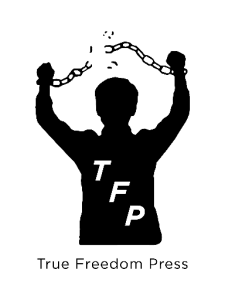Services for Non-Fiction Books

Ghostwriting
What is a ghostwriter?
A "ghostwriter" is someone who writes something for someone else and lets that person use their name on the finished product. When a ghostwriter customizes his or her writing style, the needs and goals of each client are taken into account. Additionally, when necessary, a ghostwriter offers suggestions for improving the substance and style.
What do we provide?
Do you want to create a book about a topic you are very knowledgeable about? Do you believe that a book based on your experiences and achievements would be worthwhile? We'll make a worthwhile and interesting book for your readers that will change the way they see the world.
For any nonfiction book, our ghostwriters can create an immensely fascinating narrative. We possess the information, experience, and writing prowess necessary to produce a book that will be hard for readers to put down. We conduct in-depth research about your story, use narrative techniques, and cover every aspect of effective nonfiction writing.
Full Manuscript Evaluation
For a full manuscript evaluation, it is required that we read the entire document and take notes on things like how easy it is to understand, how it is put together, how it flows from one chapter to the next, how fast it moves, and the overall structure, strength, and consistency of the argumentation throughout the book. We will also indicate potential areas for expansion, development, and reduction. With this option, a five-to-seven-page written review is made that shows where changes need to be made. Every recommendation is taken into consideration, and you, the author, work on the book at your own pace. This is a great way to check the whole manuscript for mistakes and gaps before a developmental or copy edit.
Partial Manuscript Evaluation
For a partial manuscript evaluation, the first 50 pages of your work must be read carefully. This is about 12,500 words (at 50 words per page). During the reading process, we take notes on specific elements such as readability, structure, and organization, as well as the movement within and between chapters, the pace, and the overall framing, strength, and coherence of the argumentation throughout the book. This option yields a one-to-three-page written evaluation that concentrates on the first quarter of the text and expressly notes recommendations for improvement. You, the author, should consider all advice and work on the manuscript at your own pace. This is an excellent way to find errors and gaps before a developmental edit, copy edit, or full manuscript assessment.
Developmental Editing
The first step in the editing process for non-fiction is developmental editing, commonly referred to as “content editing.” It means looking at the overall structure, content, and message of the manuscript to make sure it is clear, concise, and interesting. During this stage, the editor looks at the big picture of the manuscript, such as its tone, organization, pace, and overall ability to do what it was meant to do.
Book Synopsis
A three-to-five-page summary of your work is called a synopsis. In order to give publishers the information they need to comprehend your manuscript, it should highlight the structure and organization of your text and the overall thesis of your book.
Query Letter
We'll prepare a cover letter for you. Your one-page query letter serves as a pitch meant to attract an agent's or publisher’s interest. It outlines the key concepts of your book and provides some background on you as the author.

